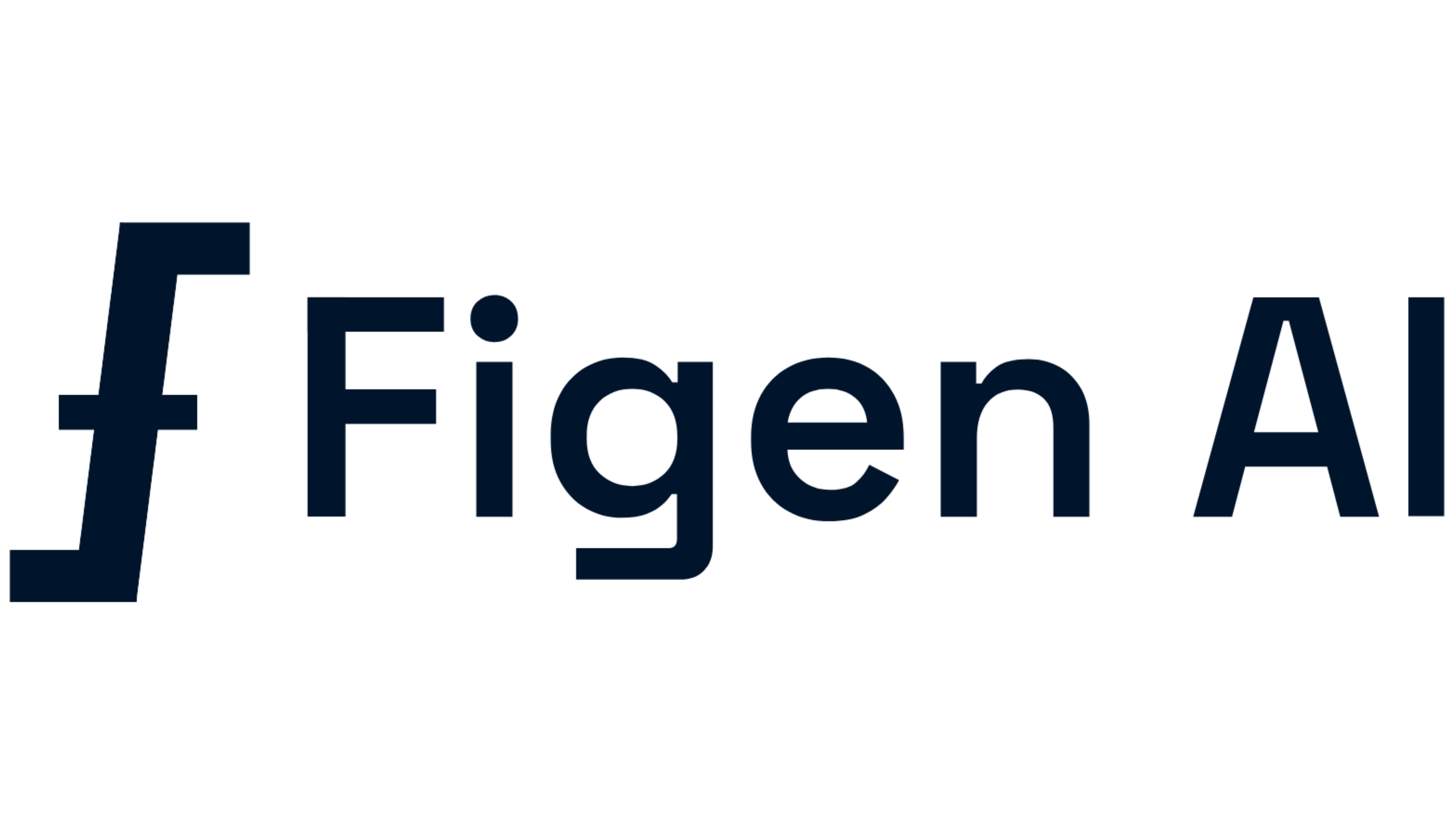The advice generated by ChatGPT or other generative AIs can impress with their speed of analysis, but they do not recreate the human relationship of trust built over time. The era of AIs, paradoxically, is highlighting the importance of bringing humans back into finance.
Intrinsic Limits
It is tempting to believe that a robo-advisor or a virtual agent will optimally answer all of an investor's questions.
However, the illusion of infallible intelligence quickly collides with reality. First, no AI can predict market movements with certainty or fully grasp the nuances of each personal situation.
The Financial Markets Authority (AMF) warns: these tools, no matter how sophisticated, "do not replace the investment advice of a finance professional."
Nothing guarantees that automated recommendations will be suited to the client's needs, nor that they will produce the expected results. Moreover, AIs generate their recommendations based on sometimes outdated or fragmented data, without any real capacity for critical reflection.
In other words, AI remains a tool, not a strategist: it lacks human intuition, the capacity for influence, or the relational dynamics necessary to transform a situation. A machine can certainly analyze vast amounts of data, but it will always be foreign to the emotional complexity associated with financial decisions, just as it can never reassure a client troubled by market fluctuations. Furthermore, AI agents operate outside the regulated framework that applies to human advisors: there is no clearly established fiduciary responsibility, nor a mediator to turn to in case of disputes. This lack of regulatory safety net underscores that in the event of a problem, the algorithm cannot respond in place of the advisor.





